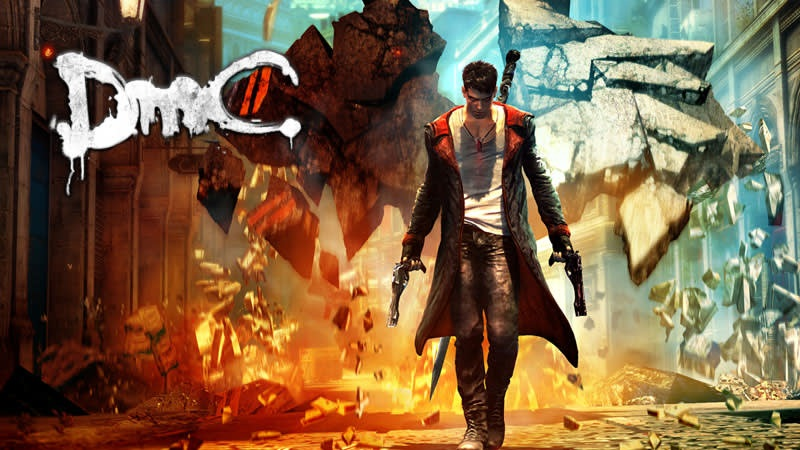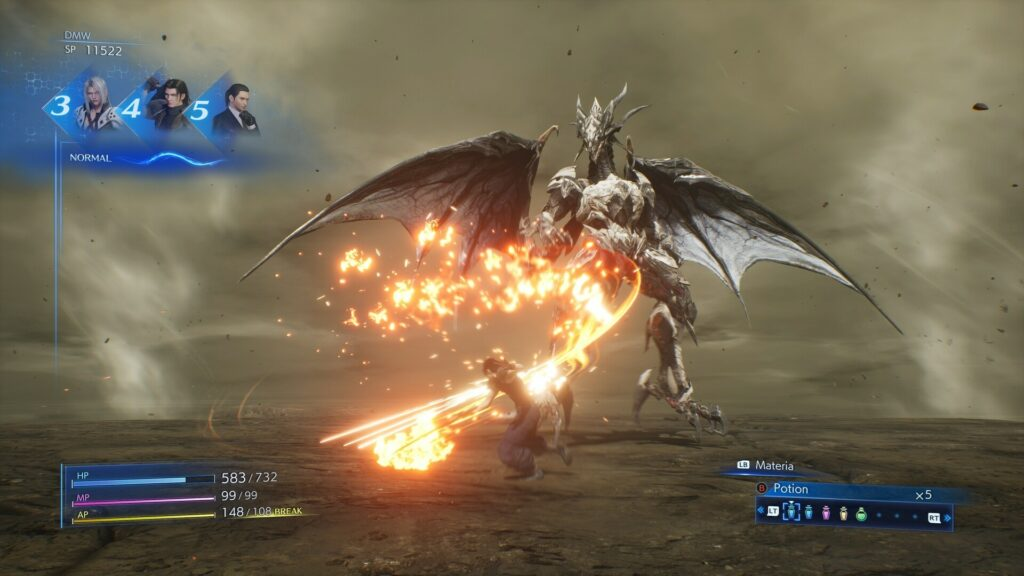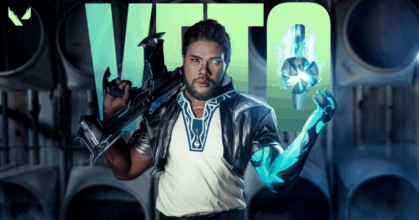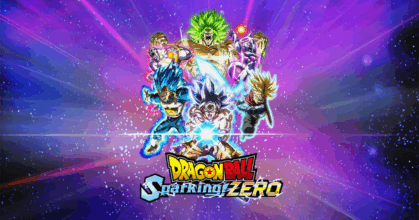7 Things to Consider Before Buying a Game Remake

7 Things to Consider Before Buying a Game Remake
The era of game remakes is booming, from classic RPGs and iconic action titles to indie hits from a decade ago. While high-resolution graphics and modern tech bring nostalgia back to life, not every remake lives up to expectations. Before buying a remake, players should look beyond childhood memories and consider quality, respect for the original, and the developer’s intent. Here are seven key factors to weigh before purchasing a remake.
1. Remake or Remaster?

Many confuse “remake” with “remaster.” A remaster upgrades visuals and audio while keeping core gameplay intact. A true remake rebuilds the game from scratch—graphics, systems, and sometimes even the story. Check carefully whether the title is genuinely a remake or just marketed to sound impressive, as some games only update visuals without altering gameplay.
2. Is the gameplay still familiar?

One of the biggest risks in remakes is how much developers change. Some modernize combat and mechanics so much that veterans feel lost; others stick too closely to outdated systems. The ideal remake balances new features with familiar gameplay, keeping the original spirit while making it smoother and more enjoyable for modern players.
3. How much have visuals and audio changed?

Graphics and sound are the first things players notice, but style and mood matter most. Upgrading visuals may make a game look impressive, but losing the original artistic identity can alienate longtime fans. Similarly, music and voice acting should retain the feeling of the original to preserve nostalgia while enhancing the experience.
4. Does the original spirit remain?

A remake should revive, not replace, the core essence of the game. Changing story themes or characters too drastically can disconnect the game from what fans loved. Developers must respect the source material while updating it for a new generation.
5. Is the content worth the price?

Some remakes offer new story content, modes, or mechanics that justify the cost. Others provide less than the original but sell at full price, disappointing players. A quality remake should add meaningful value, not rely solely on nostalgia to drive sales.
6. Listen to old and new players

Veteran players often crave familiarity, while newcomers expect accessibility and modern gameplay. The best remakes bridge generations, offering modes or options that satisfy both classic and modern preferences. Success depends on uniting players, not creating divides between old fans and new audiences.
7. Are you buying for fun or nostalgia?

Before purchasing, ask: “Am I buying to genuinely play, or just for nostalgia?” Nostalgia can cloud judgment, and not every game is worth revisiting. Make decisions based on informed reasoning, not just sentiment, to avoid falling for marketing aimed at reviving old titles for profit.
In the end, remakes aren’t inherently bad, and many succeed brilliantly. But in an era when developers dig into old catalogs to drive revenue, players must exercise discernment. Sometimes preserving the original memory is better than remaking it.
THIS IS OUR SAY
Not all remakes are worth it—sometimes the best way to honor a game is to let it live forever in our memories.






